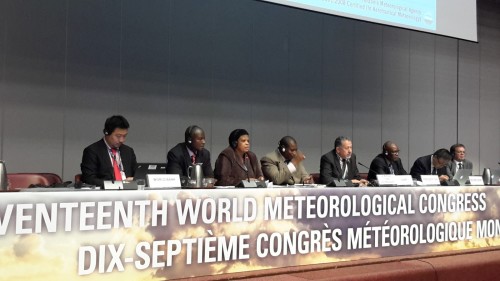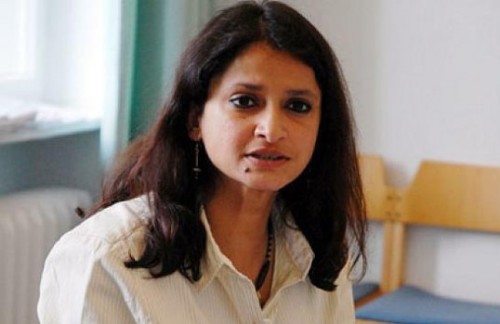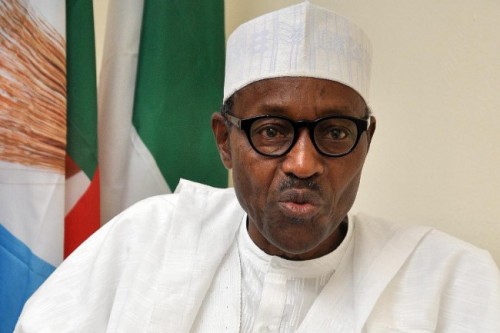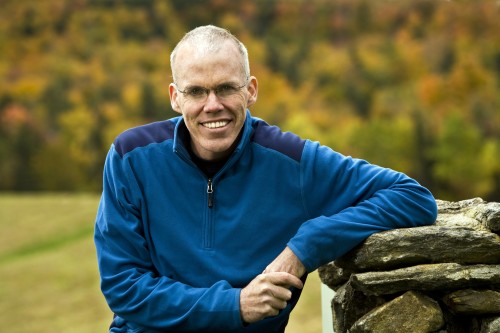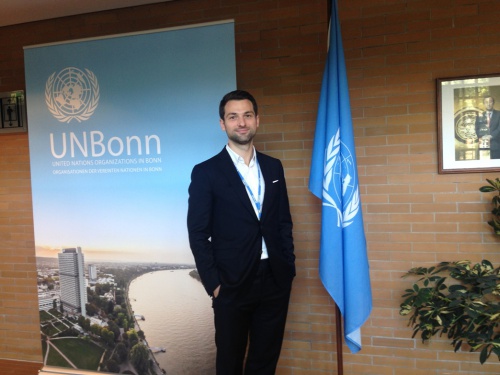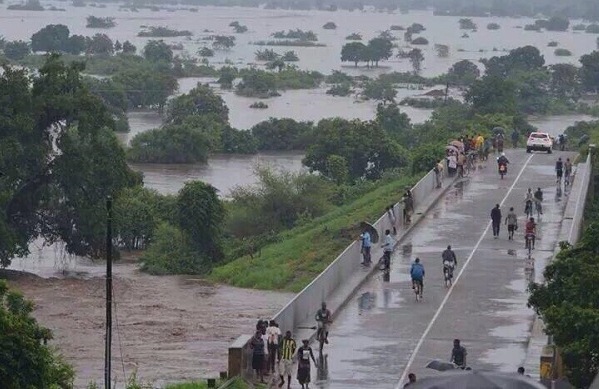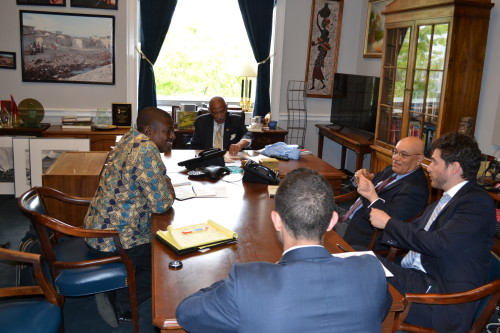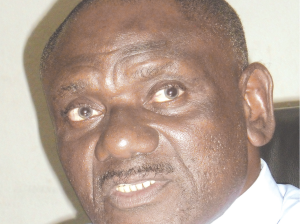As the real estate industry in Nigeria braces up for more contribution to the nation economy, managing director of Alpha Mead Facility & Management Services Ltd. (or AMFacilities), Femi Akintunde, has charged facility managers in the country to position themselves as key drivers of the real estate sector.
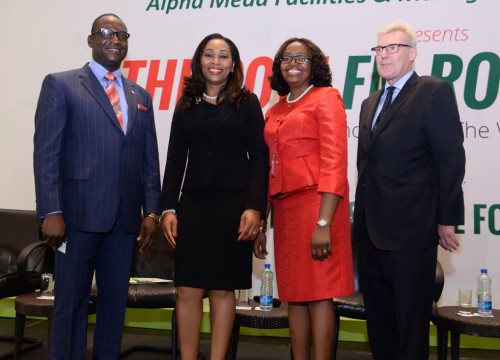
Akintunde made this statement at the fourth edition of the Nigerian Facility Management Roundtable, sponsored by Alpha Mead in commemoration of the World Facility Management Day: a day earmarked internationally by Global FM, a worldwide alliance of member-centred facility management organisations, providing leadership in the advancement of the FM profession through FM institutions such as the BIFM, IFMA International, FMA, Australia and many others around the globe.
Speaking during his welcome address at the event, Akintunde who quoted a recent report by PriceWaterCoopers (PWC), that Real Estate investment value is expected to increase from $9.16 billion to $13.65 billion next year, said the facility management industry must brace up to support and sustain the anticipated growth.
He said: “Going by this revelation however, for Nigeria to meet its Vision 2020 target, a lot still needs to be done in the area of improved public infrastructure to drive the required positive change in the real estate and facility management industry, and the general living condition of the average Nigerian.”
He added that, for the facility management and real estate sectors to contribute meaningfully to the Nigerian economy, practitioners must embrace global standards and best practices in the execution of projects.
“In the last four years, AMFacilities has sponsored this event as one of the ways we are exploring to raise awareness, set agenda, and promote global standards in the industry. We understand that the dynamics of the market are changing and we want to position facility management to play critically in that mix,” he explained.
Keynote Speaker of the event, former Lagos State Attorney-General and Commissioner for Justice, Supo Shasore (SAN), said the facility management industry is one of the few industries certain for growth in the foreseeable future of the country.
Shasore, who was represented by the Managing Director of Cluttons Nigeria, Erejuwa Gbadebo, disclosed: “The FM industry is one of the few industries that is certain for growth in the foreseeable future in this region and nation. For the sheer obvious reason that we have such a deficit to fill. I’m sure many of you know that in the World Economic Forum, Global Competitiveness Report 2014-15, Nigeria is ranked at 134 in infrastructure out of 144 economies.”
The former Attorney-General also lamented the current deficit in Nigeria’s infrastructure, saying: “The country’s core infrastructure stock is estimated at only 35-40% of GDP, in contrast to international benchmarks of 70% of GDP. This low value has been driven by historically low public and private spending on infrastructure.”
The highpoint of the event was the introduction of the British Institute of Facility Management (BIFM), Nigeria Chapter, which, according to Femi Akintunde, is a welcome development to strengthen the advocacy for best practices in the industry and encourage knowledge-sharing amongst members and professionals.
The event drew participants from five major sectors of oil and gas, telecommunications, real estate, government and public services and financial services.
In their submission, participants from the oil and gas sector pointed out that facility management was still in its infancy stage and therefore could not attract the right investments, and making it difficult for the oil and gas sector to engage the services of the local players.
Speaking at a panel on behalf the financial sector, Gabriel Igbeke, Head of Admin, NSE, said facility managers lacked the financial capabilities to execute projects and therefore depend on the sector for finance which creates ineffectiveness because opening a financial book for such is tough. The panellists stressed the need for the setting up of a regulatory body to oversee the operation of professionals in the sector.
While the telecoms, government and the academic sectors acknowledged the importance of engaging the services of professional facilities managers, they advocated the need for training and retraining of FM managers to enhance their capacity to function efficiently.
Reacting to some of the issues raised by the panellists, Akintunde said there was need for more training and standardization in the practice of FM in Nigeria. While acknowledging the fact that a lot needed to be done in this sector, Akintunde stressed the need for organisations to keep to their promise of timely payment to facility management companies to enable them deliver quality services as because FM is a capital intensive venture.

